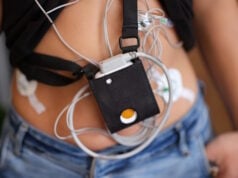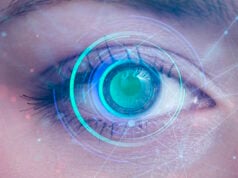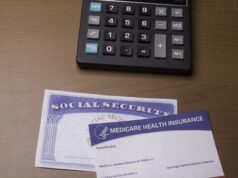
Nothing in life is as important as your health. Although many people believe health problems crop up out of nowhere, truthfully, we can detect a lot of issues well in advance. The last thing you want is to feel left in the dark. As such, in between those essential doctor’s visits, here are some health exams you can perform on yourself at home.
Inspect any moles
There’s quite a big difference between a regular mole and a mole that could be cancerous. However, the difference can be difficult to spot. Luckily, there are some markers you can look out for. These include noticing your mole is asymmetrical, varied in color, irregularly large, or seems to grow. If you discover these indicators, it’s a sign you should have a medical professional look at it.
Run a sharpened pencil over your foot
Not many people would correlate diabetes detection with your feet, but there’s a surprising connection there. Numbness in the feet is a prominent symptom of diabetes; fortunately, with the help of a health exam you can perform on yourself at home, you can check for it. Have someone else run a sharpened pencil over your feet while you have your eyes closed. If you don’t feel it, especially around your toes, it could be a sign of nerve damage.
Check your breasts for abnormal lumps
No matter how nerve-wracking regular mammograms can be, their essential to your long-term health. Between your scheduled appointments, though, you should still be performing self-examinations. You should do these at least once a month while using the proper techniques. It’s essential to feel the entirety of the breast with your hands, checking for any abnormal lumps or knots. Some lumps are normal, so by performing this regularly, you can start to feel which are okay and which are worrisome and require further follow-up.
Try balancing on one leg
Being able to balance may not seem like a big deal, but the inability to stand on one leg for 20 seconds could be indicative of some serious health concerns. The inability to stay balanced for that period may mean that you’ve experienced a microbleed in the brain. Not only is this a concern on its own, but it could also up one’s chances of dementia down the road.












